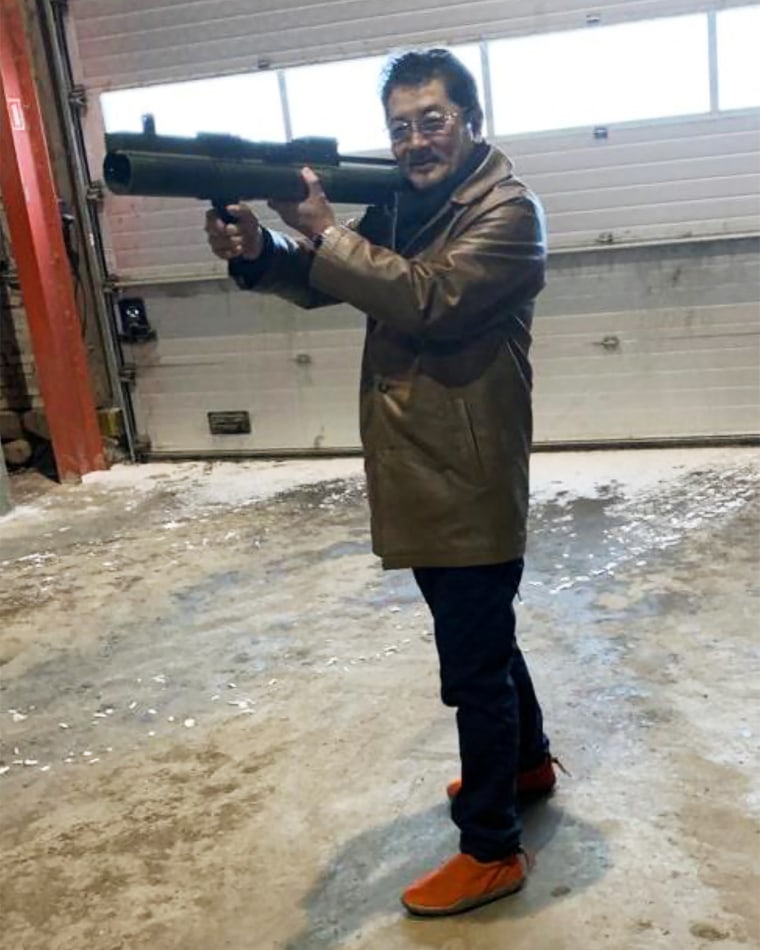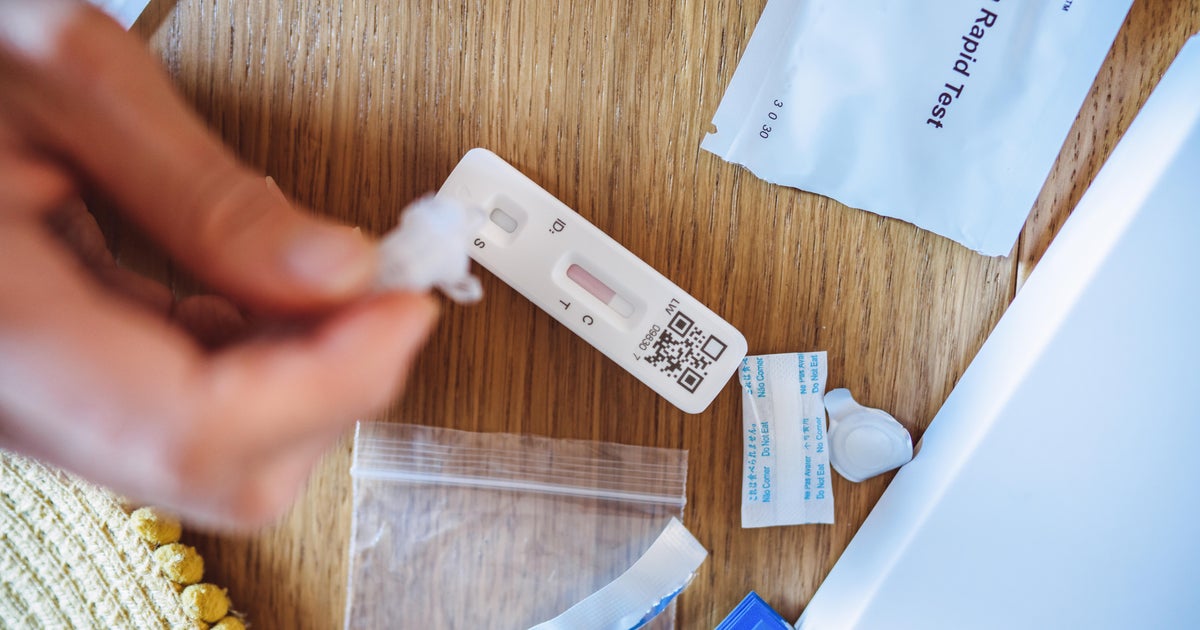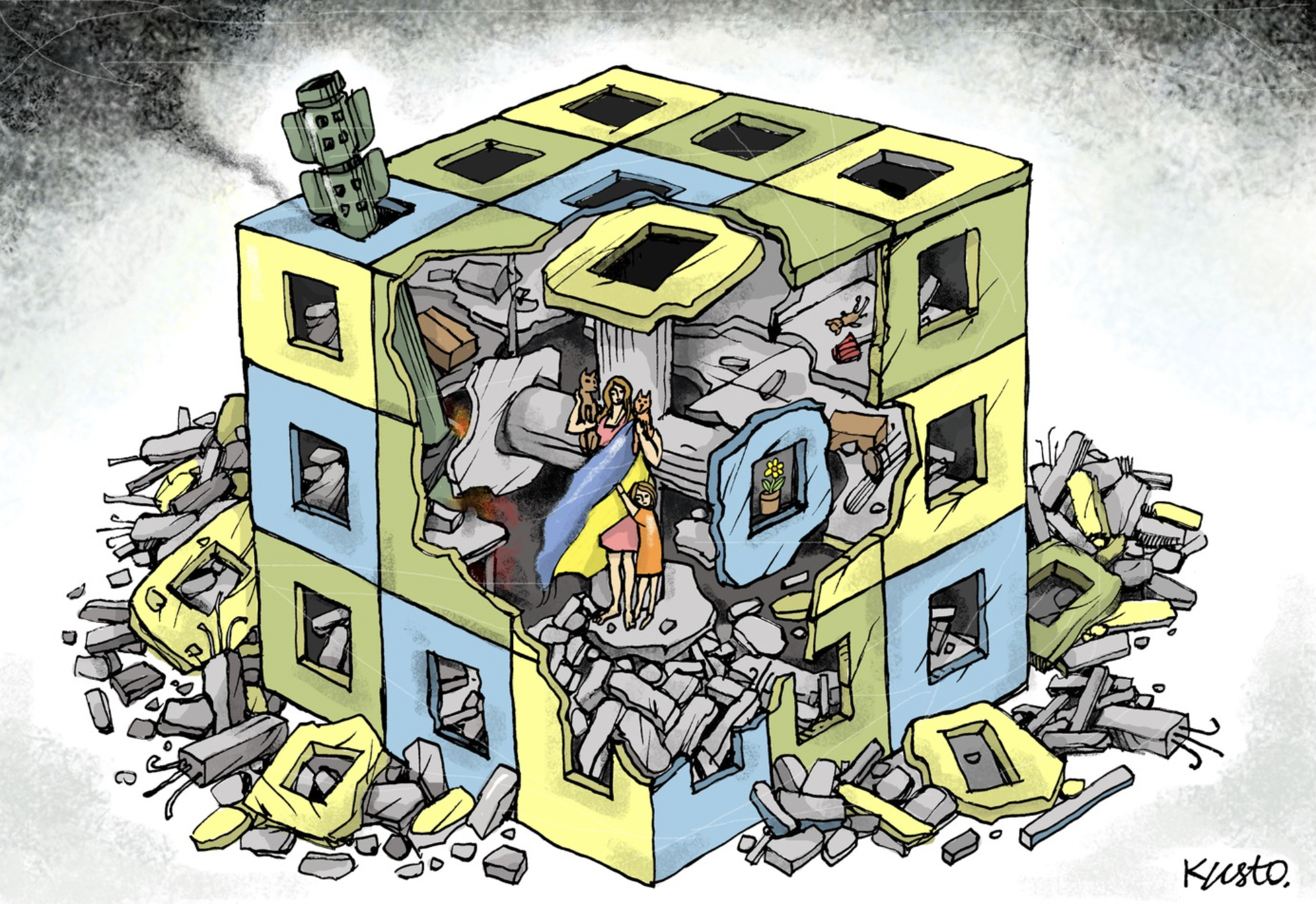[ad_1]
Federal prosecutors in New York on Wednesday said they charged a Japanese Yakuza leader with conspiring to traffic nuclear materials from Myanmar to other countries in the belief that they would be used by Iran to make a nuclear weapon.
The accused gangster, Takeshi Ebisawa, “and his confederates showed samples of nuclear materials in Thailand” to an undercover agent from the U.S. Drug Enforcement Administration who was posing as a narcotics and weapons trafficker with access to an Iranian general, prosecutors said.
“With the assistance of Thai authorities, the nuclear samples were seized and subsequently transferred to the custody of U.S. law enforcement,” the U.S. Attorney’s Office in Manhattan said in a statement announcing a superseding indictment against Ebisawa and another man.
“A U.S. nuclear forensic laboratory later analyzed the samples and confirmed that the samples contain uranium and weapons-grade plutonium,” the statement said.
The indictment says that in September 2020, Ebisawa emailed the undercover DEA agent a letter in the name of a mining company offering to sell 50 metric tons of uranium and thorium for $6.85 million.

U.S. Attorney Damian Williams said, “It is impossible to overstate the seriousness of the conduct alleged in today’s indictment.”
Williams said Ebisawa “brazenly trafficked” the nuclear material while believing it would be used to develop a nuclear weapons program.
The top prosecutor also said that even as he tried to sell the nuclear materials, the Yakuza leader “also negotiated for the purchase of deadly weapons, including surface-to-air missiles,” M60 machine guns, AK-47s and armor-piercing ammunition.
Ebisawa, 60, and his 61-year-old co-defendant in the case, Somphop Singhasiri, a Thai national, were previously charged in April 2022 with international narcotics trafficking and firearms offenses, Williams’ office noted.
Both defendants are scheduled to be arraigned on the new charges in Manhattan federal court on Thursday.
The Yakuza is a Japanese organized crime syndicate.
The superseding indictment against Ebisawa and Singhasiri says Ebisawa’s “criminal activities have included large-scale narcotics and weapons trafficking, and his international criminal network extends through Asia, Europe, and the United States, among other places.”
It also says that in early 2020, Ebisawa told another person and a DEA confidential source that he had access “to a large quantity of nuclear materials that he wished to sell,” including uranium.
Ebisawa soon after sent one of those people photographs “depicting a dark rocky material with a Geiger counter, which is used to measure radiation,” the indictment alleged.
Ebisawa is charged with conspiracy to commit international trafficking of nuclear materials; trafficking of nuclear materials; narcotics importation conspiracy; conspiracy to acquire, transfer and possess surface-to-air missiles; conspiracy to possess firearms, including machine guns and destructive devices; and money laundering.
He faces a maximum possible sentence of life in prison.
Singhasiri is charged with narcotics importation conspiracy, and conspiracy to possess firearms, including machine guns and destructive devices. He also faces a maximum possible sentence of life in prison.
[ad_2]
Source link




















